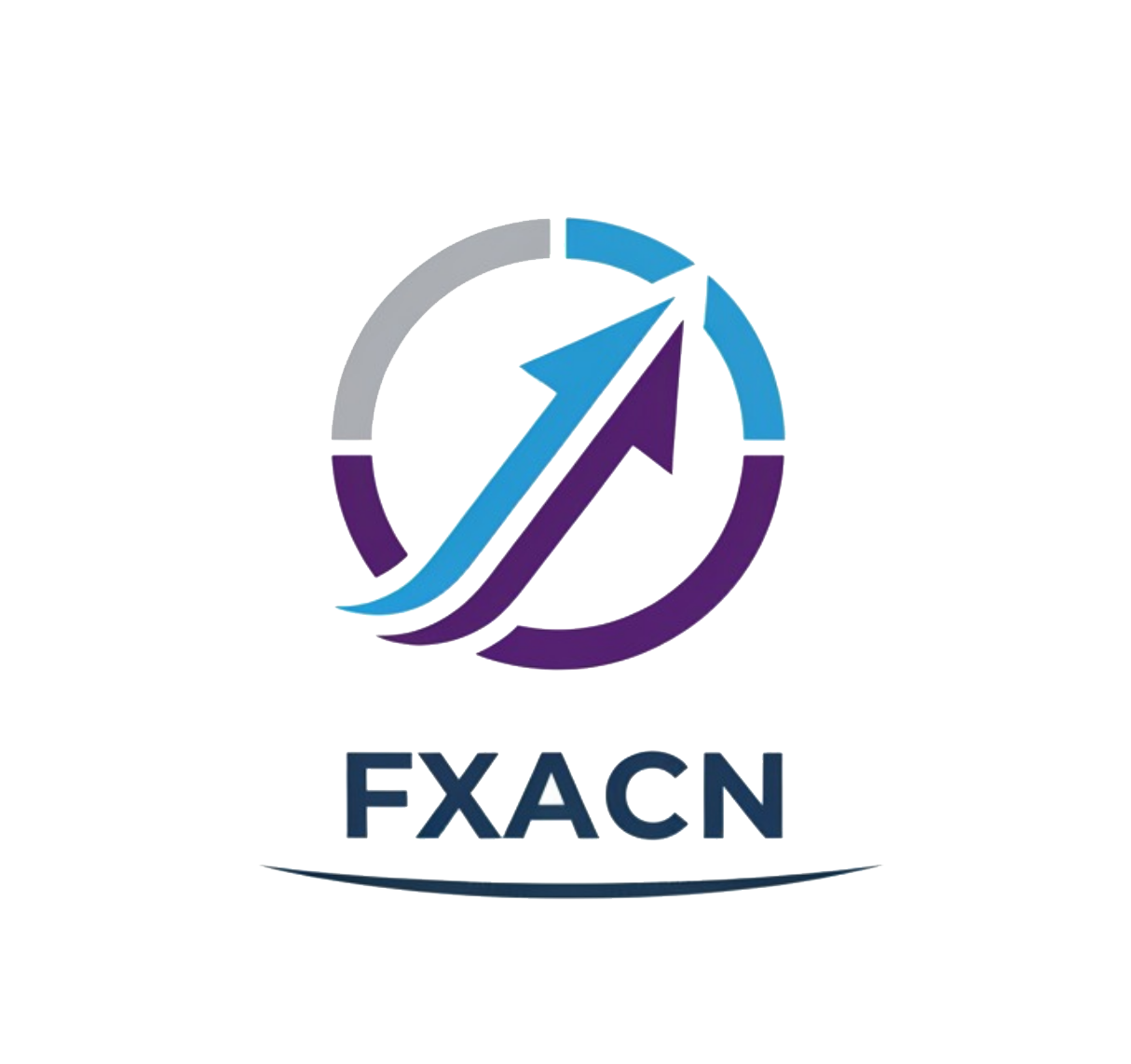Introduction
In the dynamic realm of foreign exchange (forex) trading, brokers play a pivotal role in providing traders with the tools and platforms necessary for market engagement. UTS, short for Union Trading Society, positions itself as an online forex broker claiming to offer various trading services. However, the critical question arises: Is UTS safe or a scam? Traders must approach new brokers with a discerning eye, as the forex market is rife with unregulated entities that can jeopardize investors’ capital. This article employs a thorough investigation and evaluation framework, focusing on the regulatory status, company background, trading conditions, customer safety measures, customer experiences, platform reliability, and risk assessments to arrive at a conclusive viewpoint regarding UTS’s legitimacy.
Regulation and Legitimacy
Regulatory Status
The regulatory landscape of a broker is crucial as it indicates the level of oversight and protection afforded to traders. UTS is notably unregulated, which raises significant concerns regarding its operational legitimacy. In the financial services sector, a broker’s adherence to regulations is instrumental for investor protection, as regulatory bodies strive to establish standards that safeguard client funds from fraudulent practices.
Core Regulatory Information:
| Regulatory Body | License Number | Regulated Area | Verification Status |
|---|---|---|---|
| None | N/A | N/A | Not Verified |
The absence of a valid regulatory license for UTS is a substantial red flag, suggesting that it operates without any oversight from reputable authorities, which is critical in ensuring fair trading practices, client fund segregation, and transparency in operations.
Given this lack of regulation, potential customers might encounter significant risks when engaging in trading activities with UTS. In past allegations, users have described high volatility and significant difficulties when attempting to withdraw funds, further corroborating concerns over the broker’s operational methodologies.
Company Background Investigation
Company History and Ownership Structure
UTS, operating under Union Trading Society, was purportedly established around five years ago with goals of providing an insightful trading experience. However, a lack of detailed information regarding the management team and company structure cultivates skepticism about its credibility. The company’s website provides minimal transparency about its owners or executive team, raising concerns over its accountability and trustworthiness.
Management’s expertise is critical in establishing the broker’s reliability. When it is unclear who is managing the operations, potential clients may question the efficacy of trade support and client assistance. The absence of recognized industry professionals on the management team could lead to service deficiencies, particularly regarding customer support or platform development.
Consequently, traders should remain cautious when considering UTS as an investment platform, given the opaque nature of its operations and the absence of solid regulatory backing.
Trading Conditions Analysis
Overall Fee Structure
A clear understanding of the cost structure associated with trading is paramount for every trader. UTS seems to present a minimalist approach to disclosing its trading fees, leaving prospective clients uncertain about the actual costs they might incur. Lack of transparency regarding commissions and spreads can lead to unexpected expenses that could erode profits when trading.
Core Trading Costs Comparison:
| Fee Type | UTS | Industry Average |
|---|---|---|
| Major Currency Pair Spread | Data Not Available | 1-3 pips |
| Commission Model | Not Disclosed | Varies |
| Overnight Interest Range | Data Not Available | Varies |
The absence of clear information regarding key fee structures raises concerns about UTS’s commitment to transparency and client interests. Trading under unclear conditions poses financial risks and should be taken into serious consideration by potential investors evaluating the legitimacy of this broker.
Customer Fund Safety
Security Measures for Client Funds
The safety of client funds is of utmost importance when selecting a forex broker. UTS has been criticized for its inadequate measures to protect deposits against risks associated with unregulated trading environments. There is no indication of fund segregation practices or any investor compensation mechanisms, which can significantly expose clients to potential losses.
For any responsible trading operation, funds segregation—keeping client deposits in separate accounts from the broker’s operational funds—is a vital practice. Additionally, clear communications about policies protecting against negative balances are crucial. Unfortunately, UTS appears to lack established protocols in these areas, further solidifying concerns about its operational integrity and client safety.
There is also insufficient historical data to analyze any past security issues with UTS, but anecdotal evidence from current reviews suggests that clients have encountered obstacles in fund withdrawal requests. This pattern reflects the potential operational instability or untrustworthiness of the broker.
Customer Experience and Complaints
Client Feedback and User Experiences
Customer feedback is invaluable in assessing a broker’s performance and reliability. Reviews of UTS indicate a trend of negative experiences, with numerous users labeling the broker as a scam. Common issues highlighted include difficulties in withdrawing funds, accusations of high hidden fees, and poor customer service responses.
Complaint Types and Severity Assessment:
| Complaint Type | Severity Level | Company Response |
|---|---|---|
| Withdrawal Delays | High | Poor |
| Misleading Fee Structures | High | Poor |
| Lack of Customer Support | Medium | Unresolved |
The predominant complaints suggest that UTS does not adequately address its customer base’s needs, indicating systemic deficiencies in its service delivery model. Specific case studies of users illustrate the frustrating experiences associated with user withdrawals, further echoing the sentiment of skepticism surrounding the broker’s operations.
Platform and Trade Execution
Evaluation of Platform Performance
A seamless trading experience hinges upon a broker’s platform performance and execution quality. Trading through UTS, users have noted concerns regarding platform reliability, including instances of slippage and rejected orders during critical trading windows. The web-based platform lacks the robustness and familiar functionality often observed in industry-standard platforms such as MetaTrader 4 or MetaTrader 5, which are widely recognized for their reliability and user-friendliness.
The reported issues—execution delays and less-than-ideal conditions during peak trading times—are detrimental to the trading experience, particularly in fast-paced forex environments where speed and accuracy are critical.
Risk Assessment
Comprehensive Risk Evaluation
Using UTS involves a myriad of risks primarily due to its unregulated status and lack of transparency. Key risk factors identified are as follows:
Risk Rating Card:
| Risk Category | Risk Level | Brief Description |
|---|---|---|
| Regulatory Risk | High | Operates without proper regulatory oversight. |
| Financial Risk | High | Potential for loss due to hidden fees. |
| Platform Risk | Medium | Reliability issues during high activity. |
Traders seeking to mitigate risks while engaging with UTS should consider diversifying their investments across regulated platforms and maintaining critical scrutiny on trading conditions.
Conclusion and Recommendations
Given the lack of regulatory oversight and the various concerns raised, it is prudent to conclude that UTS shows signs of being a potentially unsafe broker. The absence of transparency regarding fees, inadequate safety measures for client funds, and troubling customer feedback underline substantial risks for any trader considering engagement.
For traders seeking to safeguard their investment, it is advisable to opt for brokers with solid regulatory backing and proven track records. Reputable alternatives include established trading firms such as IG, OANDA, or Forex.com, all of which provide robust support structures, comprehensive transparency, and superior client protections, proving to be safer options than UTS.
In summary, conduct thorough due diligence—Is UTS safe? Current evidence suggests it is not, aligning with the consensus from user experiences and regulatory omission. Always prioritize safety and regulatory compliance when making investment decisions.


